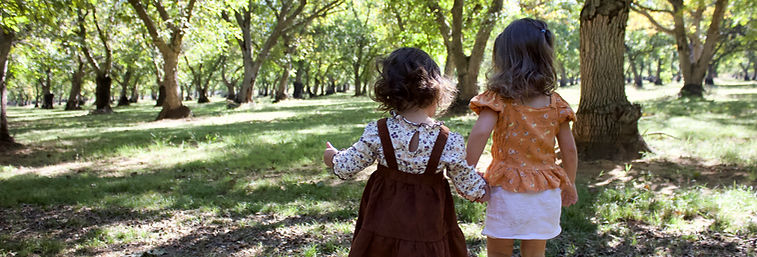
Why a Farm Education?
Benefits
-
Learning - hands-on, project-based, problem-solving, leadership, public speaking
-
Basic life skills, growing & preserving food, raising animals, woodworking, sewing, etc.
-
Basic knowledge of where food comes from, how food is grown
-
Students learn to process, preserve and prepare foods grown
-
Ag fair & 4-H projects, students are part of the site-based 4-H club
-
Agriculture incorporated into daily lessons
-
Agriculture experts share/teach ex: sheep farmers evaluate the program, irrigation experts help with set-up, beekeepers share knowledge
-
Items produced, marketed, and sold. annual plant sale, farmers market, jams, etc.
Potential Partners
-
Shasta College
-
4-H Youth Development Program
-
UC CalFresh Nutrition Education
-
UC Forestry and Natural Resources
-
Shasta County Farm Bureau
-
The Livestock Conservancy
-
Local ranchers, farmers, nurseries, irrigation companies, apiaries, and garden clubs
Curriculum Ideas
-
California Agriculture in the Classroom
-
Charlotte Mason approach to education
-
Junior Master Gardener
-
Youth Development Through Veterinary Science
-
Thrive Educational Series
-
Pre-Harvest Food Safety in 4-H Animal Science
-
Classical Education
-
4-H Youth Experiences in Science
-
Agri-Science
-
Numerous other 4-H Curriculum available
Education Center Design Ideas
-
Year-round schedule to meet demands of Shasta District Fair and growing seasons
-
Invite schools in for field trips “our children teach other children”
-
Producing, marketing, selling, public speaking
-
Close to Redding to capture students not exposed to agriculture
-
Small beginnings


